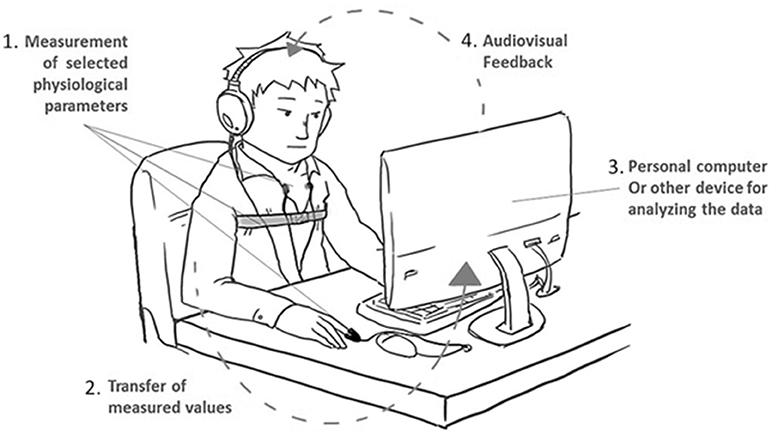Exploring How Slumber Disorders Interfere with Brainwave Activity as well as Affect Mental Performance
Exploring How Slumber Disorders Interfere with Brainwave Activity as well as Affect Mental Performance
Blog Article
Slumber is an essential part of our daily lives, allowing our bodies and mental faculties to repose and rejuvenate. However, many individuals suffer from slumber disorders, which can considerably disrupt sleep patterns. These disorders can result to multiple issues, including alterations in brainwave activity. Neural waves are electronic impulses in the mind that indicate our cognitive state and activity. When slumber is interrupted, the normal patterns of neural waves can be affected, leading to issues with cognitive function, such as recall, focus, and decision-making.
There are various types of sleep disorders, including sleeplessness, sleep apnea, and unsettled leg syndrome. Insomnia is characterized by trouble falling or remaining asleep, while sleep apnea involves pauses in breathing during sleep. Unsettled leg syndrome causes discomforting sensations in the legs, resulting to an irresistible desire to move them. Each of these disorders can disturb the natural sleep cycle, which comprises of different stages, including shallow sleep, profound sleep, and REM (rapid eye movement) sleep. Each stage holds a vital role in maintaining overall cognitive health and performance.
When slumber disorders interfere with these stages, neural wave activity can become irregular. For instance, during deep sleep, the mind produces gentle delta waves, which are important for physical restoration and recall consolidation. If a person experiences repeated awakenings or does not reach deep sleep, the generation of these delta waves is reduced. This can result to challenges in acquiring new information and holding memories. Additionally, REM sleep, which is associated with fantasizing and affective processing, is also affected. Interruptions in REM sleep can result to problems with emotional regulation and inventiveness.
The effect of sleep disorders on mental function is substantial. Research has shown that individuals with slumber disorders often face difficulties with focus and concentration. This can affect their performance at educational institutions or work, making it challenging to finish tasks or engage in discussions. Furthermore, chronic sleep deprivation can result to mood changes, heightened stress, and even anxiety or depression. These mental and affective challenges can create a vicious cycle, where poor sleep leads to mental difficulties, which in turn can result to more sleep problems.
Addressing sleep disorders is essential for improving brainwave activity and mental function. Therapeutic options may include habitual changes, such as establishing a regular slumber schedule, establishing click to read more a comfortable sleep environment, and engaging in relaxation techniques. In some cases, medical intervention may be required, such as employing a CPAP machine for sleep apnea or medication for sleeplessness. By valuing sleep and seeking appropriate treatment, people can improve their overall mental abilities and improve their quality of life. Understanding the connection between slumber disorders, neural wave activity, and mental function is an important step toward better health and wellness.